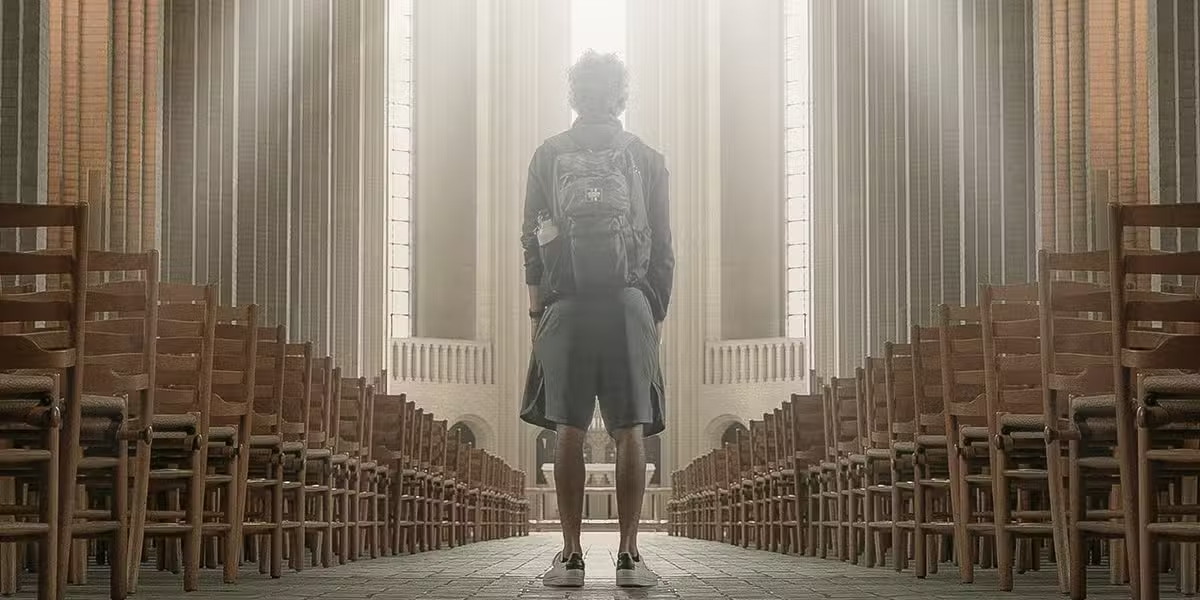WASHINGTON (CNS) — The passage of a bill by South Carolina lawmakers in early May to restart executions after 10 years and to add death by firing squad or electric chair as options if lethal injection drugs are not available is a “setback for South Carolina” and “stands in stark contrast to powerful efforts elsewhere to abolish the death penalty,” said a Catholic death penalty opponent.
“The decade without executions in South Carolina should be seen as a mark of progress toward a culture of life, not a reason to backslide into immoral and gruesome means of killing,” said Krisanne Vaillancourt Murphy, executive director of Catholic Mobilizing Network.
She also said the electric chair and firing squad “should have no place on the state’s list of means to address harm or bring about so-called justice. In fact, there is no reason why the state should be executing people at all,” she told Catholic News Service in a May 10 email.
The measure is likely to be approved soon by the state’s governor.
Lawmakers said the shortage of drugs needed to carry out lethal injections is the main reason why the state has not had any executions in 10 years. Those who favored adding other means of execution also stressed that this would be more humane since lethal injections have sometimes botched executions if an inmate’s death became prolonged.
Most states use a drug combination for executions, but a handful of states use one drug, pentobarbital, which the federal government also used when it executed inmates this past year.
“It is chilling to think that offering a person the choice between electrocution and firing squad is somehow humane,” Vaillancourt Murphy said.
South Carolina currently has 37 men on death row. If the measure becomes law, it will be the fourth state — joining Mississippi, Oklahoma and Utah — to use the firing squad in executions. The state has also used electrocution, or the electric chair, but not as its primary means of execution. Returning to this practice, it would join Alabama, Arkansas, Florida, Kentucky, Mississippi, Oklahoma and Tennessee that also use this method.
The state’s lawmakers were debating about how to carry out the death penalty at a time when overall approval for capital punishment is waning.
South Carolina is one of 24 states where the death penalty remains law. In the past 16 years, 11 states have rescinded capital punishment and state governors in California, Oregon and Pennsylvania have imposed death penalty moratoriums.
Vaillancourt Murphy said that “despite the regrettable passage of this bill,” she and other anti-death penalty advocates were grateful to “the many South Carolina Catholics who spoke out against the expansion of execution methods in the state.”
“On the whole, the momentum is in the direction of death penalty abolition. I pray that South Carolina will quickly redirect and follow suit,” she said.
By Carol Zimmermann | Catholic News Service







News & Commentary
Advocate: S. Carolina approval of firing squad, electric chair ‘chilling’
WASHINGTON (CNS) — The passage of a bill by South Carolina lawmakers in early May to restart executions after 10 years and to add death by firing squad or electric chair as options if lethal injection drugs are not available is a “setback for South Carolina” and “stands in stark contrast to powerful efforts elsewhere to abolish the death penalty,” said a Catholic death penalty opponent.
“The decade without executions in South Carolina should be seen as a mark of progress toward a culture of life, not a reason to backslide into immoral and gruesome means of killing,” said Krisanne Vaillancourt Murphy, executive director of Catholic Mobilizing Network.
She also said the electric chair and firing squad “should have no place on the state’s list of means to address harm or bring about so-called justice. In fact, there is no reason why the state should be executing people at all,” she told Catholic News Service in a May 10 email.
The measure is likely to be approved soon by the state’s governor.
Lawmakers said the shortage of drugs needed to carry out lethal injections is the main reason why the state has not had any executions in 10 years. Those who favored adding other means of execution also stressed that this would be more humane since lethal injections have sometimes botched executions if an inmate’s death became prolonged.
Most states use a drug combination for executions, but a handful of states use one drug, pentobarbital, which the federal government also used when it executed inmates this past year.
“It is chilling to think that offering a person the choice between electrocution and firing squad is somehow humane,” Vaillancourt Murphy said.
South Carolina currently has 37 men on death row. If the measure becomes law, it will be the fourth state — joining Mississippi, Oklahoma and Utah — to use the firing squad in executions. The state has also used electrocution, or the electric chair, but not as its primary means of execution. Returning to this practice, it would join Alabama, Arkansas, Florida, Kentucky, Mississippi, Oklahoma and Tennessee that also use this method.
The state’s lawmakers were debating about how to carry out the death penalty at a time when overall approval for capital punishment is waning.
South Carolina is one of 24 states where the death penalty remains law. In the past 16 years, 11 states have rescinded capital punishment and state governors in California, Oregon and Pennsylvania have imposed death penalty moratoriums.
Vaillancourt Murphy said that “despite the regrettable passage of this bill,” she and other anti-death penalty advocates were grateful to “the many South Carolina Catholics who spoke out against the expansion of execution methods in the state.”
“On the whole, the momentum is in the direction of death penalty abolition. I pray that South Carolina will quickly redirect and follow suit,” she said.
By Carol Zimmermann | Catholic News Service